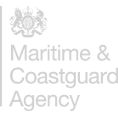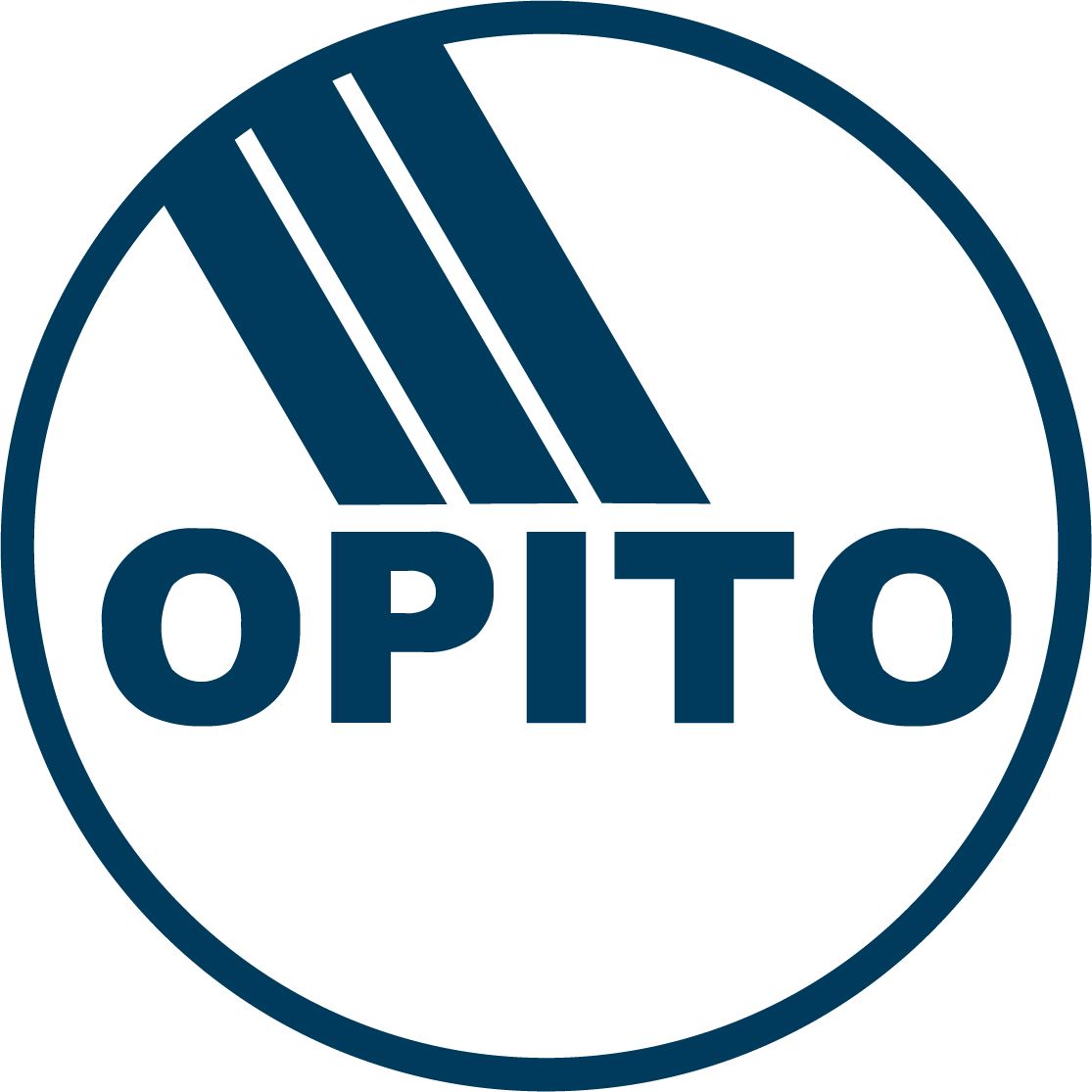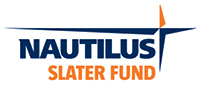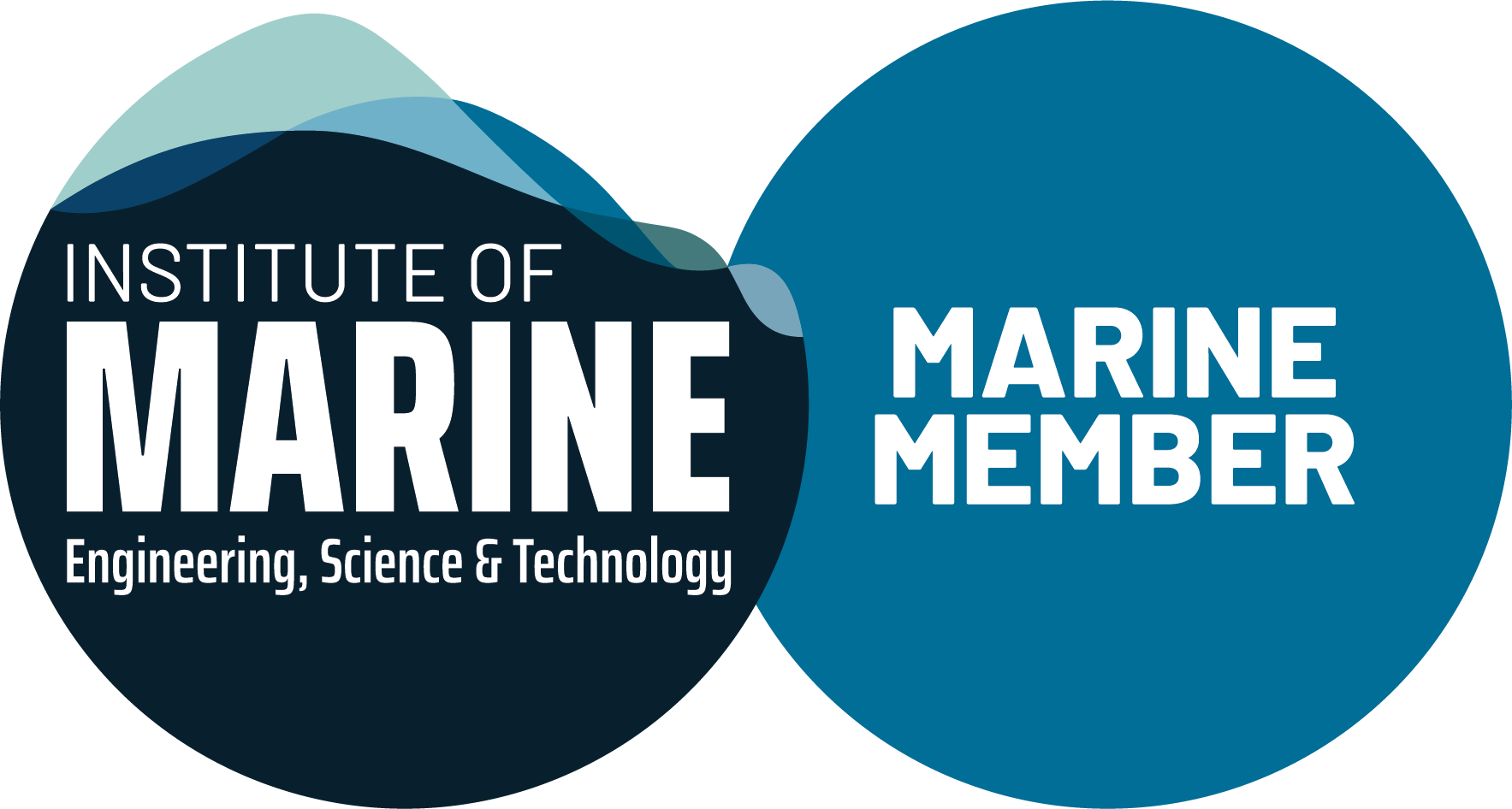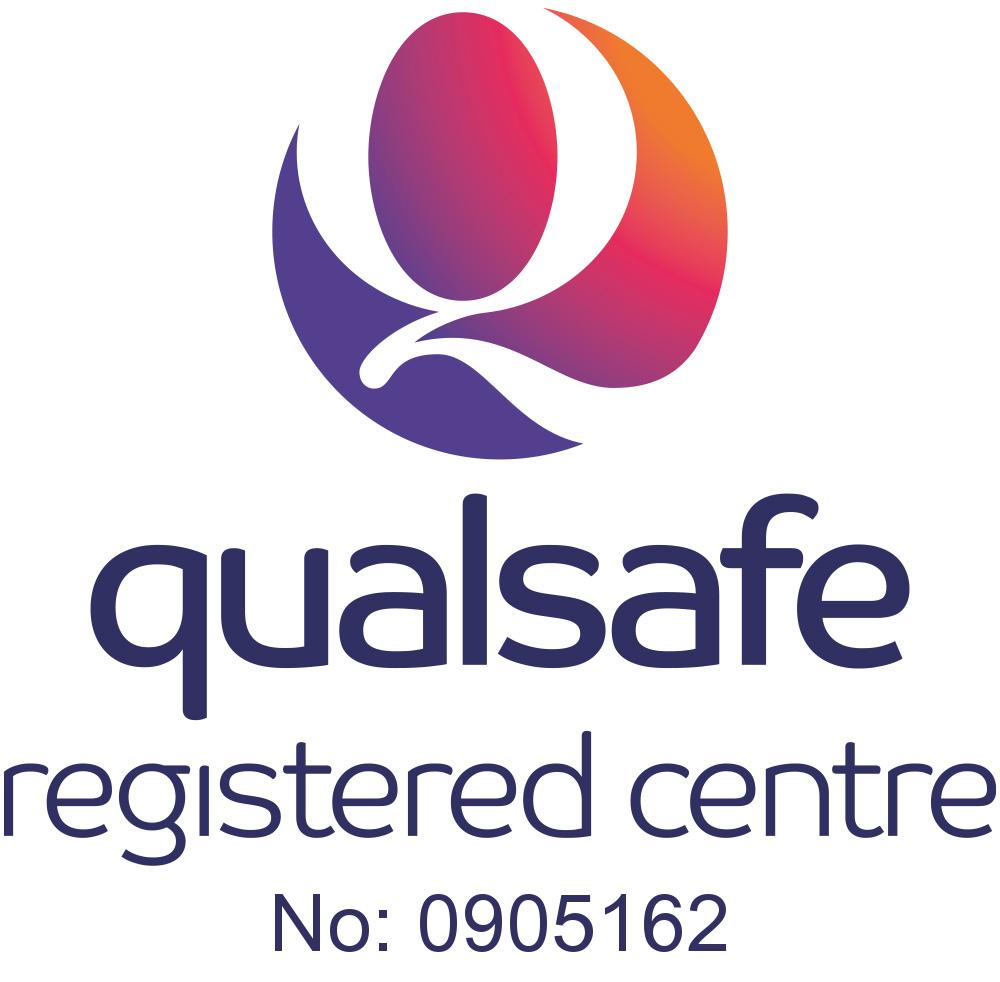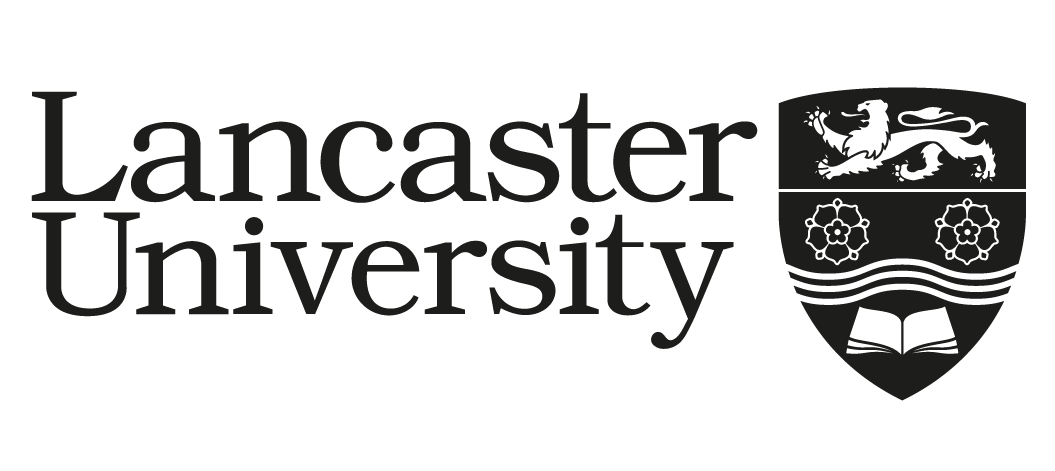Marine Electro-Technology - Advanced Diploma
Course Code: MH1HE77
Maritime & Nautical
Next course dates
| Start Date | Location | Duration / Fee | |
|---|---|---|---|
| 07/01/2026 | Fleetwood Nautical Campus | 56 Weeks/ £7,395 | Apply |
Course Overview
The qualification provides you with the knowledge required for a broad range of employment opportunities, but specifically those knowledge elements required with the Merchant Navy for Electro-technical staff. The qualification name reflects this specialism.
This programme is aligned to support your progression through knowledge acquisition at operational level and on to managerial level, as directed by the Standard of Training,
Certification and Watchkeeping (STCW) 1978, as amended. This is achieved by meeting the requirements of the Maritime and Coastguard Agency (MCA) and approved by the Merchant Navy Training Board (MNTB.) In 2010 the International Maritime Organisation (IMO) introduced a new certification category for the position of Electro-Technical Officer (ETO). This will enable officers on Merchant Navy vessels to gain acknowledgement for their technical skills and hold ‘Certificates of Competency (CoC)’ at the Operational level.
This programme will develop your knowledge of electro technical systems and processes and engineering principles. You will learn how the role of the ETO is integrated with other roles and disciplines in the maritime industry. You will also be provided with the opportunity to identify and solve problems through the application of theory and develop you as a professional Electro-Technical Officer.
You can download the Programme Specification to find out more.
Entry Requirements
Sponsored Students
Entry onto the programme will be at least 48 UCAS points at level 3, or equivalent, which could be achieved with the following qualifications:
• National Certificate in Electrical/Electronics at Pass/Merit grade
• National Diploma in Electrical/Electronics at Pass/Pass/Pass grade
• National Diploma in Engineering at Pass/Pass/Merit grade
• Level 3 Diploma in Shipping and Maritime Operations at Pass
You will also be required to possess at least four grade 4 or higher GCSEs including English, Maths and Science, or equivalent. For non-UK students you will also be required to have a minimum of IELTS 5.0.
Whilst the sea service articulated is an integral element of the certification to MCA Certificate of Competency, it does not form part of the HN award. For MCA certification a sea service requirement in excess of seven (7) months is required, with a suggested sea service of eight (8) months. Sea-going service will typically be achieved through sponsorship of a cadet programme by a shipping company or training provider.
In all cases, you will be informed that for progression into a career in the Merchant Navy a level of physical health and fitness is required. This will be assessed via the MCA Medical Standard as detailed within Merchant Guidance Notice (MGN) 264.
Non-standard entry (Non-Sponsored)
Experienced sea-farers with a minimum of 36 months sea-time will be exempt from requiring 48 UCAS points, as per MCA requirements. Applicants for the experienced seafarer route will be directed to contact the MCA for a ‘Letter of Initial Assessment’ where an individual assessment will be undertaken.
Qualification Obtained
Advanced Diploma Marine Electro-Technology
Assessment Methods
Please see the Programme Specification for the module breakdown and assessment methods.
Teaching and Learning Methods
Throughout your programme you will learn and be assessed in a range of ways to support the overall aims and outcomes of the programme in order to equip you with the appropriate skills for roles within the maritime industry. Employers will be looking for a range of skills and competencies, including innovation and initiative. They will be keen to employ strong communicators and team players. The programme is designed to promote the development of these qualities alongside core technical competencies and academic engineering knowledge.
The resources to support you in your studies include books, e-books and journals, as well as the college’s virtual learning platform. You will have access to a learning resource centre, which provides access to all relevant publications, as identified on the reading lists. You will receive access to maritime specific documents and eBooks with membership to Witherby publications and regs4ships.
Additionally, as a maritime cadet you are entitled to free student IMarEST membership and this will allow you to access international journals and e-books relating to all areas of the programme. Videotel’s Networked Video on Demand (NVOD) is used in the classroom to provide access to a repository of information videos designed for training
industry professionals. Moodle provides an online platform for programme resources, allowing you to access materials to supplement your classroom based studies 24 hours a day, 7 days a week.
Practical resources are used to reinforce theories and provide an opportunity for research in many of the units across the HND. These include the laboratory where you will build, model and analyse circuits and components as part of the Process and Control and Pneumatics and Hydraulics unit.
Simulation of engineering environments and system operations are conducted in the Engine Room Simulator (ERS). The simulator is used in several of the units to provide a basis for application of theories.
Industry Placement and Field Trips
There is no requirement to undertake workbased and placement learning to achieve award. However, to successfully complete the approved cadet programme the student needs to complete 8 months sea-going service.
Other Costs and Equipment Needed
You will be required to purchase a scientific calculator. These can be purchased from any supplier therefore prices may vary, however full guidance can be provided on what to purchase by contacting Fleetwood Nautical Campus.
Expert Tutors
All staff involved in the delivery of any courses within the College are approved to teach and/or assess the subjects and modules they deliver. The approval process ensures that staff delivering and/or assessing a given programme are appropriately qualified, with relevant technical and industrial experience and professional practice.
Tuition Fees
Read our tuition fees guide.
Regulation and Accreditation
Accrediting Institution: N/A
Terms and Conditions
Read our full terms and conditions for more information.



